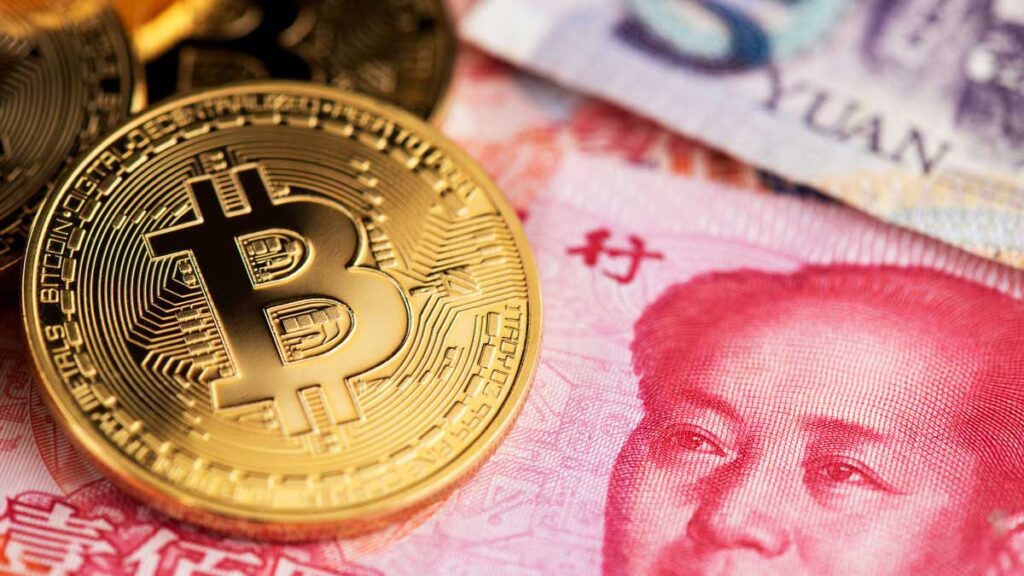
China has barred financial companies, institutions, FinTechs, and payment companies from delivering any kind of services in relation to cryptocurrency transactions, while warning potential investor to shy away from crypto dealings.
Many analysts and industry experts considered the move to be inevitable – especially following the government’s restrictions on Alibaba’s financial arm, Ant Group – since the crypto market possess a huge ability to undermine the Chinese’s financial system.
According to a joint statement published by three of China’s industry bodies – the National Internet Finance Association of China, the China Banking Association and the Payment and Clearing Association of China – the ban will disallow monetary institutions such as banks and online payment gateways from offering services in cryptocurrency, such as registration, trading, clearing and settlement.
“Recently, crypto currency prices have skyrocketed, and plummeted, and speculative trading of cryptocurrency has rebounded, seriously infringing on the safety of people’s property and disrupting the normal economic and financial order,” the statement read.
However, it is worth mentioning that while the Chinese government has banned crypto exchanges and initial coin offerings, individuals are still free to hold and mine the digital currency.
The joint statement further highlighted that “institutions must not provide saving, trust or pledging services of cryptocurrency, nor issue financial product related to cryptocurrency.”
It’s important to note that this isn’t the first time that China claps down on its local crypto market; back in 2017, the government had shut its local crypto exchanges, burying a huge market that accounted for 90 percent of all global bitcoin trading.
While in June 2019, the People’s Bank of China blocked access to all local and international crypto exchanges and initial coin offering websites.
The joint statement further detailed the risks of cryptocurrencies on the economy, since they “are not supported by real value,” which would subsequently allow them to be easily manipulated, while their contracts are not recognized by Chinese laws.